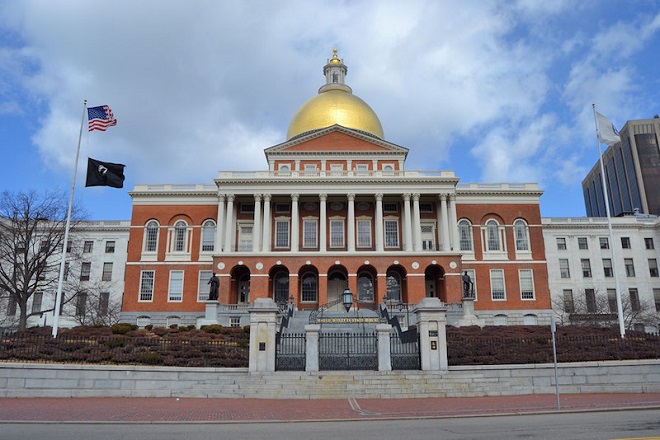Race, Gender, Party Imbalances Remain in MA State Legislature

Lily Bohlke – Commonwealth News Service
BOSTON — This year’s elections didn’t change the racial or political imbalances in the Massachusetts state Legislature, and electoral competitiveness remains at an all-time low, according to new data.
The latest report from the Massachusetts Institute for a New Commonwealth, or MassINC, found that voters had just one choice in roughly one-quarter of state legislative races.
MassINC program coordinator Ashley Guerra-Agramonte, who co-authored this update, said she thinks the lack of competition ultimately makes it more challenging to hold public officials accountable.
“It can be harmful to constituents, because it’s easier for them to feel disengaged or not know exactly where their members stand on certain policy issues,” she said. “How do you make sure that this person is keeping their promises or updating their platform as they should?”
A recent MassINC poll found 27% of Massachusetts registered voters identify with the GOP, or at least “lean” Republican. But only 16% of state lawmakers are Republican. The party would need 19 more legislators in office to proportionally reflect the state’s voters.
Voters elected five new women to the General Court, an increase of about 2%.
Still, women make up more than 30% of the 200-member Legislature.
State lawmakers of color also are underrepresented: 28 districts in Massachusetts are majority people of color, but only 12 non-white candidates were elected in November.
Guerra-Agramonte said it’s crucial to have diverse perspectives.
“This is something that we have to look at systemically,” she said. “Like, why are we not seeing more women elected? Or why are we not seeing more people of color running for office?”
She said one systemic barrier that leads to fewer candidates of color is campaign fundraising.
She pointed to public financing as one possible way to help narrow the gap, allocating a predetermined amount of public funds for each candidate running for office.
